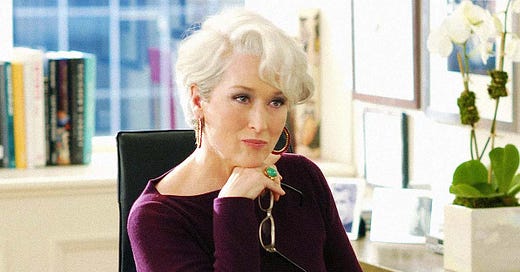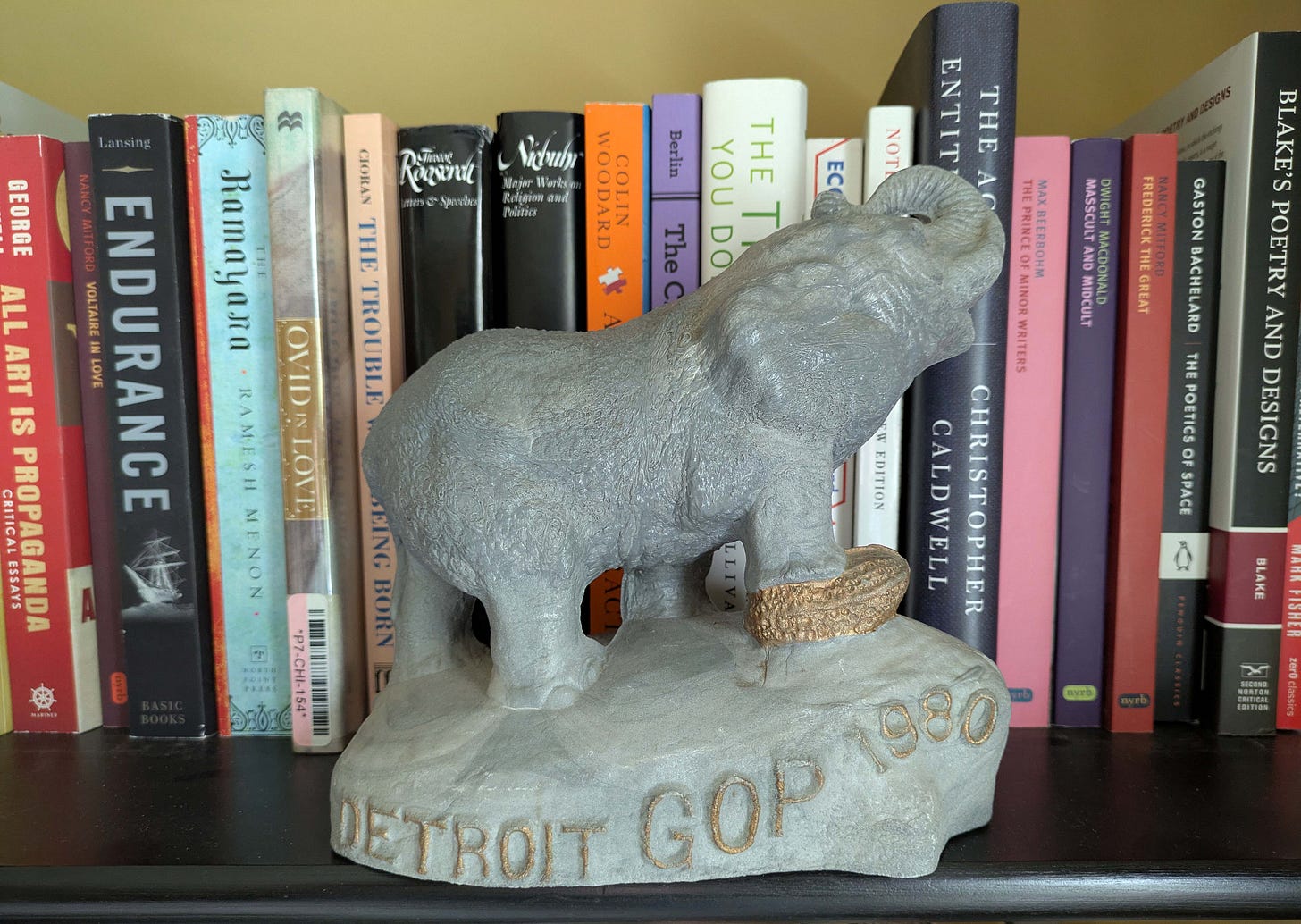Women in Power
I recently realized that Northern Kentucky University is practically a matriarchy. The president and provost are female, as are five of the seven college deans, our athletic director, the faculty and staff regents, and the presidents of the faculty senate, staff congress, and student government association.
I’ve worked for women for most of my career, and at home, I have no problem with Kimberly being the managing partner of our domestic enterprise. (I tried being in charge in my first marriage. It did not go well.) When I occasionally need to find a new doctor or dentist, I choose a woman when possible, under the assumption that women have to work harder and be better than men to get to the same place. (I can’t point to data that supports this, but I have a strong gut feeling that even in 2025 that’s still how things are.)
But even though I see myself as a fairly evolved guy on gender issues, I felt a little twinge of something at the thought of how female NKU’s leadership is. It wasn’t a negative feeling ... more of a vague sense that I was somehow on the outside looking in. That’s more than a little irrational – I’m retired, so of course I’m on the outside looking in – and I suppose I might more accurately call it a feeling of not being fully represented.
That’s not a feeling that I, as an educated, middle-class white male, have had much experience with. And I know that this very mild thing I felt pales in comparison to the sense of not being part of the boys club that so many women have experienced for so long. In a way, it reminded me of how I felt when Kimberly and I first moved from suburban Taylor Mill, Kentucky to the Westwood neighborhood of Cincinnati. It was my first experience of being a racial minority, and it felt ... again, not negative, just weird and slightly unsettling at first.
I hate the phrase ‘check your privilege’, which is too often used as a way to shut down discussion rather than prompt reflection, but experiences like these make me appreciate the unearned advantages I was born with and how easily it is to take those advantages for granted.
One myth about women in charge is that they not only don’t support their female subordinates, but that they actively work to undermine them. This so-called ‘Queen Bee Syndrome’ turns out to be much more a creation of popular culture than a real thing. For instance, a 2022 study by the College and University Professional Association found that colleges and universities with female presidents had a significantly higher number of females in other top leadership positions as well as better pay for women in those positions.
This is not an unusual result in the research on gender and leadership. Multiple studies have found no support for Queen Bee Syndrome. Despite what Mean Girls, The Devil Wears Prada, and a host of other movies and TV shows might lead us to believe, multiple studies have found that women in leadership positions are more supportive and willing to mentor their subordinates (regardless of gender) than are males. In addition, some research has found that women are more likely than men to emphasize collaboration and personal development, whereas male leaders often focus on transactional leadership revolving around performance metrics and hierarchical authority.
I’m sure that some people on the right would say this is evidence of my left-wing ‘wokeness’, but I don’t think so. I’d argue that people on the right should embrace these findings. After all, it’s the right that’s constantly going on about gender differences, and how, for example, women aren’t equipped to be firefighters or front-line combat troops. I’m willing to grant that there are group-wide disparities in average physical strength that typically make men better candidates for certain jobs. It doesn’t seem unreasonable for me to ask that people on the right similarly acknowledge that there can be gender-based differences in what I suppose one could call emotional intelligence that may typically make women better at certain jobs – especially those that benefit from an encouraging and collaborative environment.
This elephant sculpture was a gift from the mother of a girl I dated in college (her parents were definitely more into me than she was). I was a proud Reagan Republican back then and absolutely thrilled to have a memento of the convention that nominated Ronald Reagan to be my party’s standard bearer. I’ve had this elephant for over 30 years, but until last week I never got the symbolism of the elephant crushing a peanut underfoot. It’s an obvious reference to the Democratic incumbent in 1980 – Georgia peanut farmer Jimmy Carter. Kimberly frequently jokes about how unobservant I am, but even for me, going over three decades without picking up on this is a bit much.





